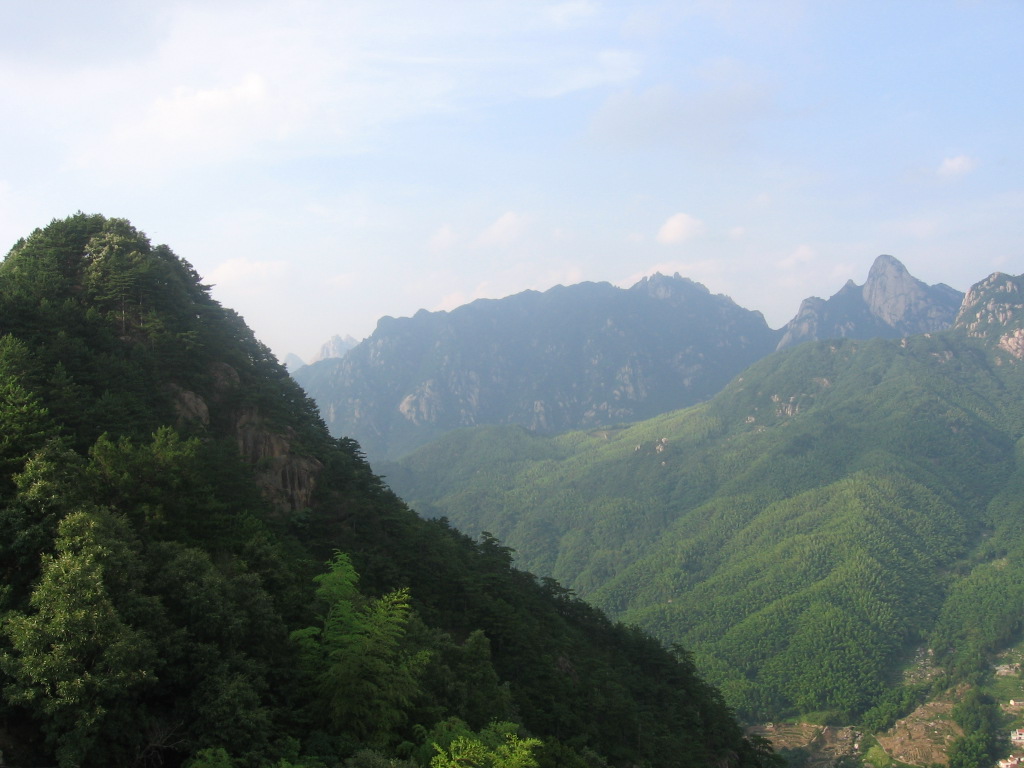
An article from the Sun Community News in northern New York state titled “Of Mountain Men and Malcontents: The Story of the Cold River Hermithttp://www.suncommunitynews.com/articles/ncl-magazine/david-greene-the-man-who-translated-ronde” revisits the now famous Adirondack hermit Noah John Rondeau (1883-1967). About Rondeau:
Rondeau was not a typical hermit. While he left civilization to live a life of solitude in the woods, he also enjoyed regular visits from dozens of hikers and hunters each season. He had very little formal education, yet effortlessly conversed on a broad range of subjects ranging from science to politics. Rondeau rejected society for decades, but reveled in the attention he received as a hit “attraction” at sportsmen’s shows, as the guest on radio shows, and even a spot on a television show.
For all that, Rondeau was a born solitary and effectively projected the hermit penchant for garrulousness mixed with eccentricity. The article includes harder-to-find photos.
NOTE: A subsequent article in the same source describes David Greene’s successful efforts to decipher the code writing that Rondeau had devised for his private journal.




